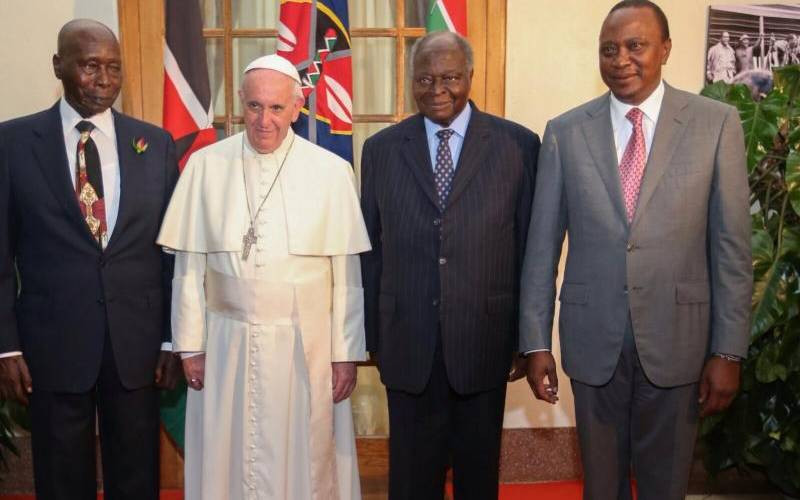
The heat was stifling. Huge columns of dust swept through the multitude speeding towards Lake Nakuru which peacefully sat by, barely a kilometre away. The crowds surged. In the sweltering afternoon, people pushed, pulled and shoved. They struggled to get a vantage point, close enough to the dais where the father of the Nation, Mzee Jomo Kenyatta would sit. In my tiny and agile frame, I managed to sneak to the front row just as the policemen restored order. The excitement was palpable.
The policemen stood still. Their freshly ironed khaki shorts and shirts matched with their socks which stretched to the knees. With batons in hand, they keenly observed the restless crowd. At last, Mzee arrived.